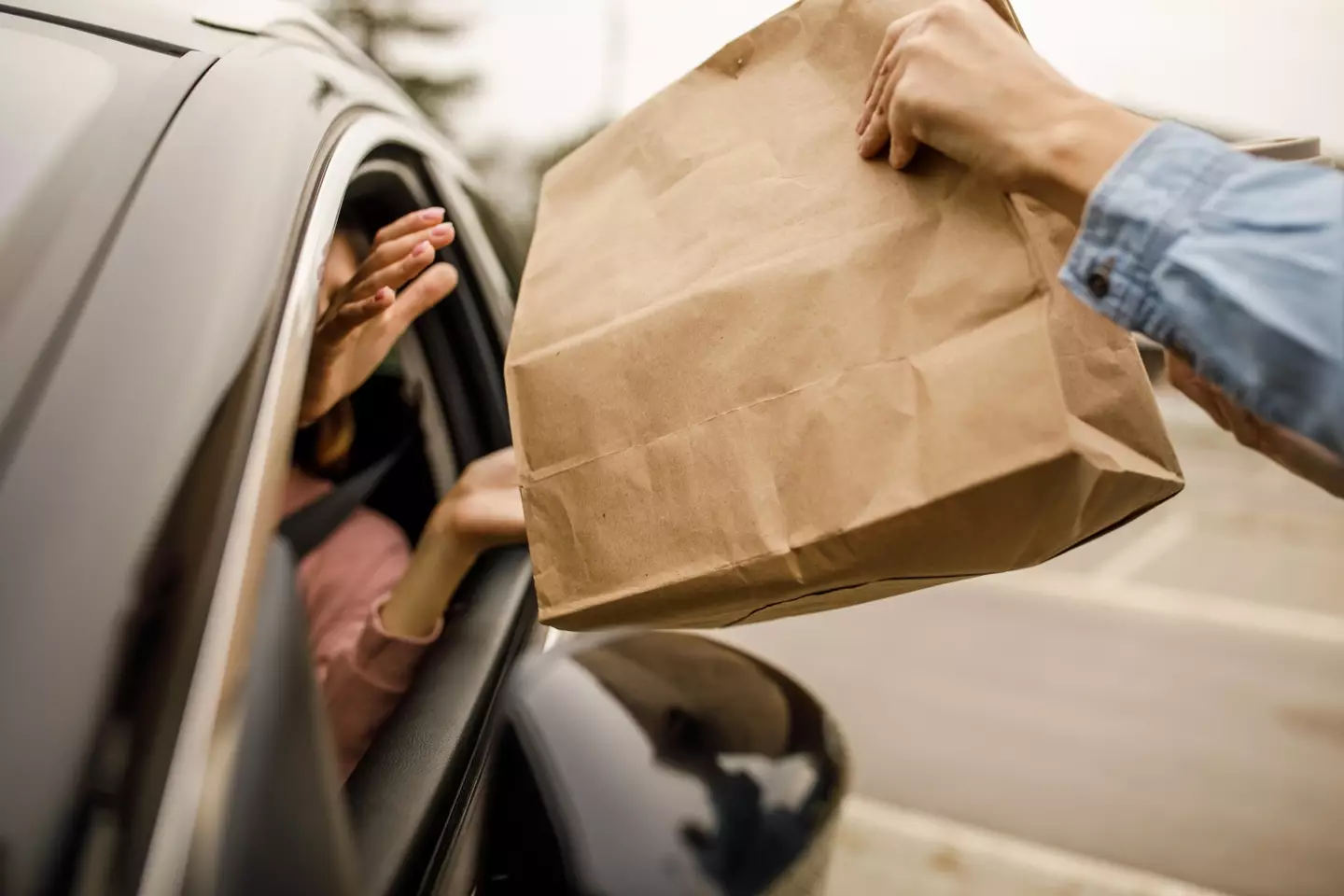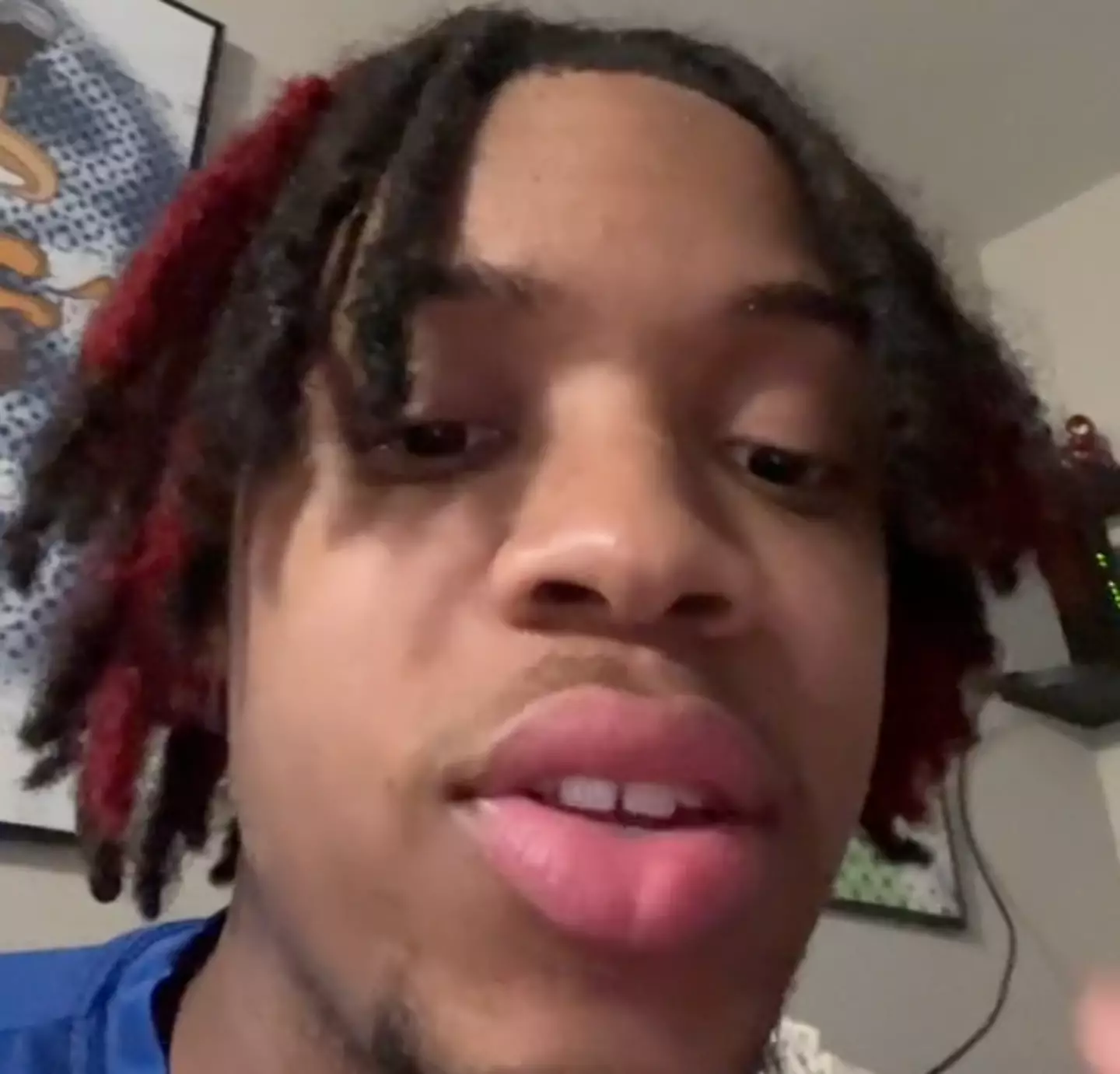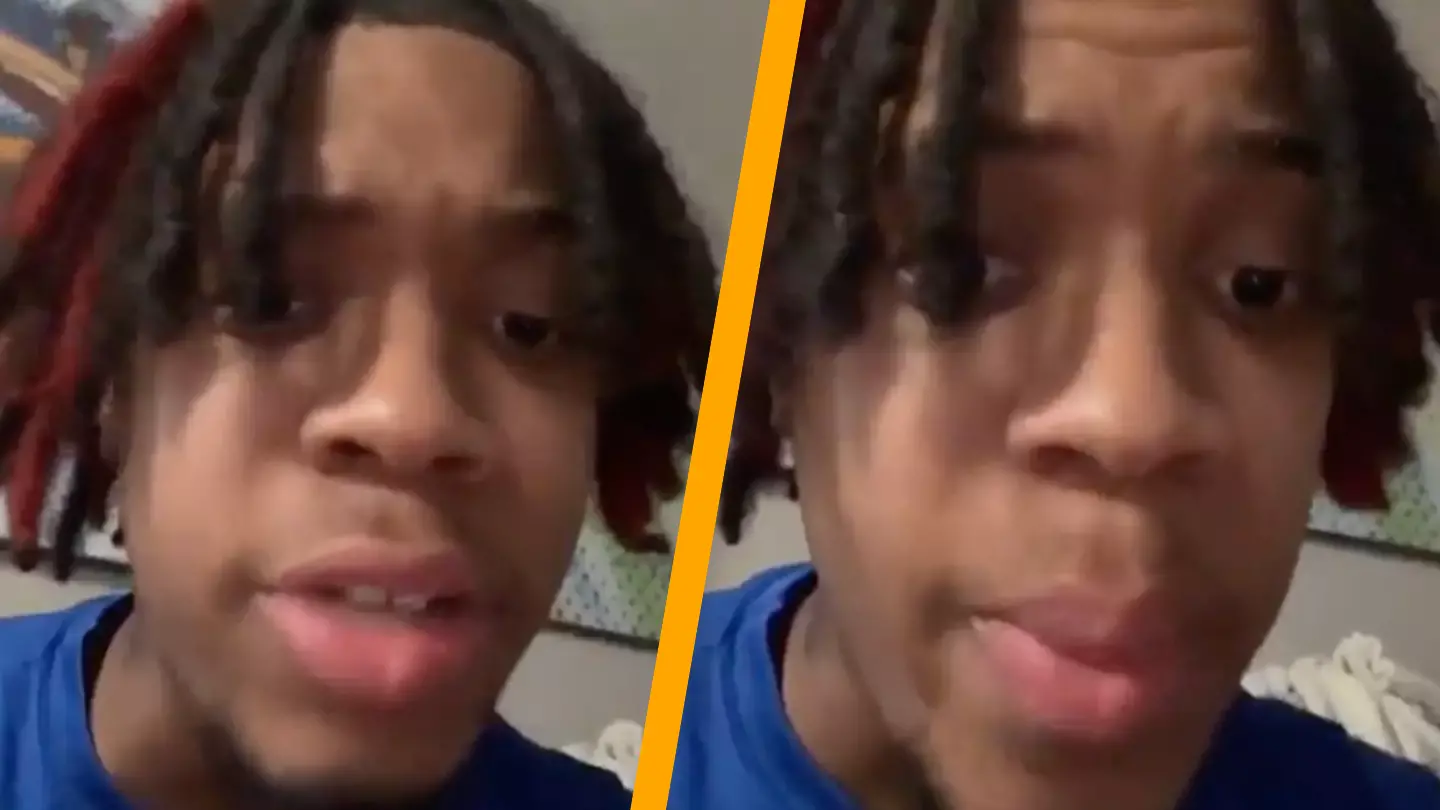A fast-food diner stirred up a conversation when he admitted to breaking a ‘pay-it-forward’ chain at a drive-thru after being asked if he’d like to cover someone else’s $45 bill.
There’s something uplifting about not only treating yourself to drive-thru delights but also discovering that a kind-hearted person has already paid for you. However, does that mean you should pass on that goodwill to someone else?
This was the dilemma TikTok user Darius, who posts under the handle @chefboyardarius, found himself contemplating after visiting a Bojangles location one morning post-work, aiming to buy a sausage, egg, and cheese biscuit — times three.

Upon reaching the payment window, Darius discovered that the generous customer ahead of him had paid $15 to cover his order.
“I was like, ‘well thank you, the fact that she paid $15 for somebody else, that’s wild’,” Darius commented.
Nonetheless, he was taken aback when the cashier inquired if he wanted to foot the bill for the next customer in line.
The cashier informed Darius that he had become part of a ‘pay-it-forward’ chain involving several customers, prompting him to ask about the total for the next customer in line.
He soon discovered it was $45.38, which was far more than he had intended to spend.
“I didn’t sign up to feed the 5,000,” he quipped, adding: “Who’s spending $45 at Bojangles?”

Darius finished his video by expressing gratitude to the customer who paid for him, but regarding the individual behind? He simply remarked: “I don’t know what to tell you.”
After posting his tale, Darius received a myriad of responses from viewers with differing takes on the situation.
One user sided with Darius, noting that eventually, ‘the chain has to be broken’.
“I think most want it to be a gift to someone. Plus employees probably hate it,” they remarked.
https://www.tiktok.com/@username/video/7179590069936917806
Conversely, another viewer expressed strong support for the pay-it-forward movement, stating: “Just yesterday I paid for the 2 cars behind me. I didn’t ask how much their bill was first, but I also didn’t care if they continued it or not.”
Providing a pragmatic alternative, one viewer shared that when caught in a pay-it-forward scenario, they simply contribute what their own order would have been, letting the other person cover any remaining cost.
“That way I’m not stuck paying a huge bill,” they explained.
A generous act without the unexpected expense? That seems like a practical approach.

